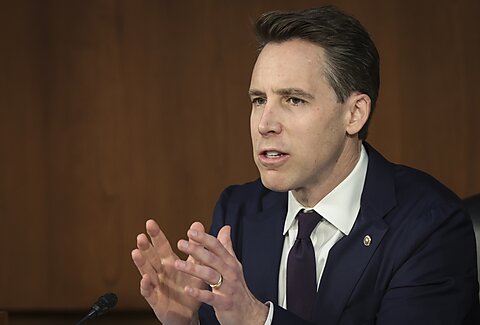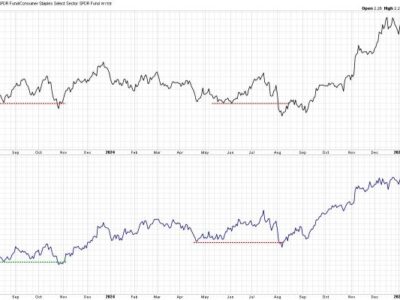
We have two kinds of political speech, the rhetorical and the responsible. Those who speak responsibly make concrete arguments and proposals that look to the ethics and consequences of what should be done. More often speakers engage in empty rhetoric that reveals and burnishes a politician’s brand without proposing anything real or engaging an opponent seriously.
Consider Senator Josh Hawley (R‑MO), who recently attacked the Supreme Court’s decision in Citizens United. The Senate majority leader, Mitch McConnell, has been a consistent critic of campaign finance “reform” and an ardent defender of the First Amendment regarding campaign finance. Senator Hawley, in contrast, styles himself as a “populist” who opposes “the Establishment” and “the elites” and so on. Like every person favoring restrictions on the funding of political speech, Hawley favors “the people” against “Big Money.”
Does he really? Consider the concrete circumstances of the Citizens United case. A small number of people incorporated themselves as the “Citizens United” to engage in electoral advocacy. They made a film that harshly criticizes a leading Democratic politician, Hilary Clinton. At that time, it was plausible to think such incorporated groups were prohibited from spending money on such films.
If Hawley had his way when Citizens United was decided, the strong criticism of Ms. Clinton would have never been seen by anyone; it would have been censored by the government. If Hawley had his way now, the harsh criticisms of leading politicians by incorporated groups of individuals would also never be seen.
Sometimes political rhetoric undermines its speaker. Hawley’s rhetoric on Citizens United reveals him to be the best friend the Hilary Clintons of the world ever had. Sounds like Senator Hawley is real populist to me!








